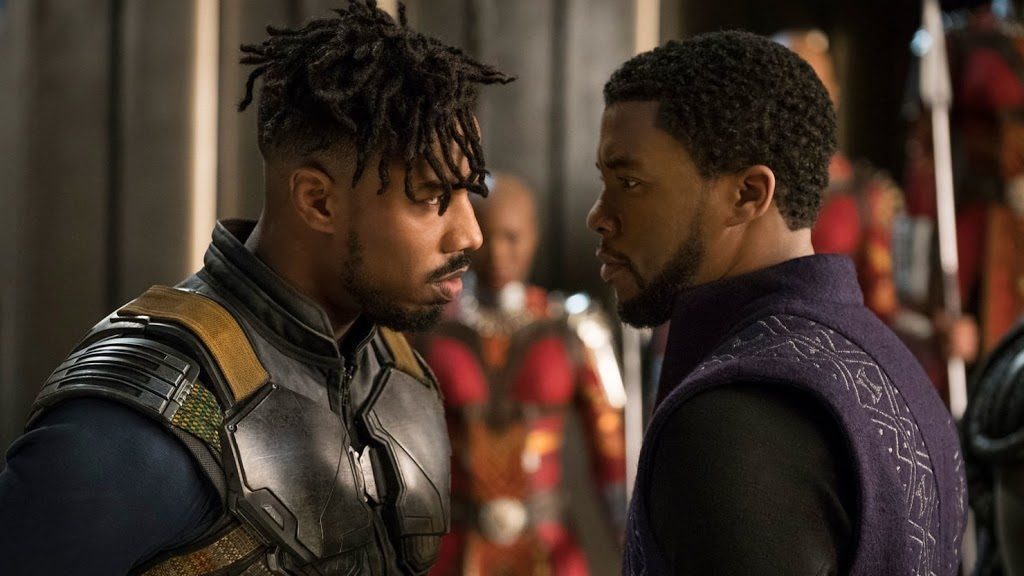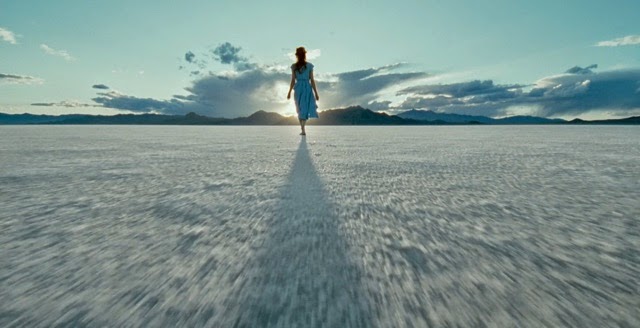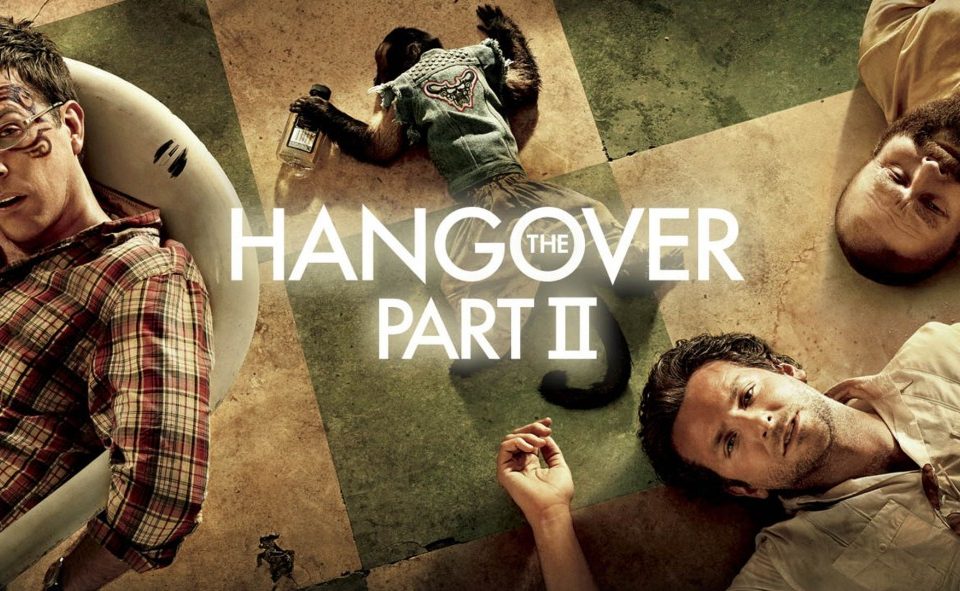
On the dopeness of Black Panther
February 27, 2018The Open Wound
Killmonger’s inclusion in the film is compelling for several reasons. First, he broadly represents the African diaspora, supporting the idea that Black Panther is a canvas of the experience of African descendants, a mosaic of our identities. Killmonger’s presence is loaded with meaning: it speaks to the pillage of the African continent, the displacement of Africans, and the benefits to Western countries. These subjects are ripe for exploration and discussion.

More specifically, Killmonger represents the African-American experience and the anger felt by Blacks in North America on a daily basis. I often say that I didn’t know what it was to be Black before I moved to Canada. I was raised in Haiti, a country with a proud past, which has been compared to Wakanda in the wake of the film’s premiere. In 1804, Haiti is the first Black country to declare its independence, and it’s been a constant battle with international powers ever since. Coming of age there, you develop an increased awareness for the mechanisms of post-colonialism, and how those powers routinely destroy your means of production, and indoctrinate you through their media. But, when you’re in Haiti, that external force seems more abstract, spread out, all the way over there, across oceans. You live your life mindful of it but separated from it. You forget about it until you read an expose on how prominent political figures in the country are on the CIA’s payroll or subsidized goods being flooded into your market. You can forget about it; you can live your life. North America is different: no one lets you forget that you’re Black. An artist at a networking event reminds you that there are grants for people like you. A colleague at work makes a remark about race. A clerk follows you around the store.
This is where Killmonger’s anger comes from, the anger of Sweet Sweetback’s Baadasssss Song (Melvin Van Peebles, 1971), the anger of Do the Right Thing (Spike Lee, 1989). Since his fathers murder at the hands of Wakanda’s king, this constant aggression has forged him year after year to punish those responsible: the oppressing society he was raised in, yes, but the family who left him behind and destroyed his life as well. This is what has sustained him as he worked to become an exemplary assassin. He manifests the anger, etching his kills into his body. Physical harm is limited to the body, but psychological harm is potentially infinite since it is in the mind. Killmonger represents a deep wound, open and bare, never allowed to properly heal and close. He is probably the closest representative of director Ryan Coogler in the narrative. Killmonger is the character I identify with the most because I see through him what I have to endure every day and the emotions it arises in me.
The Wakandan mask Killmonger wears carries great meaning. Since its stolen African art, we can see it as a rekindling with Killmongers roots and a reminder of the slave trade. A mask hides the wearer’s identity, and we could conclude that it’s what Killmonger wants here, but since no one knows of his existence, and the ring around his neck serves to identify him, there’s no need. The mask also serves as a ritual, a way for Killmonger to prepare himself for his journey through the film, to commune with his ancestors as Thalla does with the heart-shaped herb. For Killmonger, putting on the mask awakens his desire to belong to the family that has abandoned him. Although he may want to be Wakandan, and he has the right blood to integrate their highest society, he will always stay an outsider. So he makes his way back to Wakanda, not as a brother but as a conqueror, using the country’s own traditions to seize power.
Killmonger’s position isn’t unwarranted; it is born out of T’Chaka’s sin, the previous Black Panther. T’Challa may have to deal with other family sins during his reign, and such is the weight of the throne. But, without Killmonger’s opposition, without confronting T’Challa to his father’s act, would Wakanda open to the outside world by film’s end? Killmonger’s contribution is essential. If tBlack Panther was revolutionary, Killmonger would survive and integrate T’Challa’s reign as an advisor, a message from the filmmakers to unite Africa and its diaspora. His flagellation is unnecessary; it makes him a more tragic character than he needs to be, wanting to belong for all his life but never able to. Killmonger is the victim of at least a couple of imperialist agendas (the US and Wakanda). His death brings home the point that there can be no great difference between international superpowers like Wakanda and the US, as they extend their influence around the world.
- Black Panther: A Perspective - March 20, 2018
- Seven Pounds (Gabriele Muccino, 2008) - May 5, 2015
- Honeymoon (Leigh Janiak, 2014) - January 30, 2015


